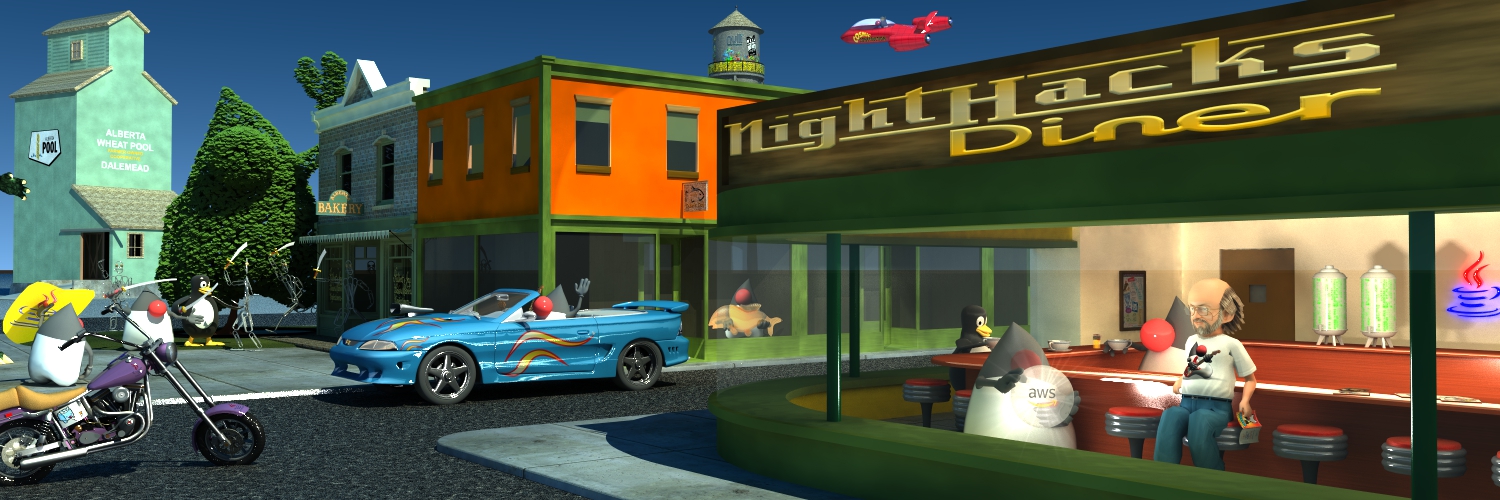JavaCard 3 hits the streets!

The JavaCard team have been cranking away. Development on the 3.0
version is finally (almost) finished, and it's pretty amazing. Java
Card 3 is available in two Editions.
- Classic Edition
- This is the same as Java Card 2 with some enhancements/bug
fixes. It is almost 10 years young and is the most popular
platform for the SIM and ID markets.
- Connected Edition
-
This is the next generation Java Card technology:
- JDK6 Compatible VM: Except for floats, it support class
file version 50.
- Full Java Language support: Java Card 2 has restrictions
on the language itself. But JC3 has no limits. You can use
all language features like annotations, enhanced for-loops
etc... (except floating point)
- Rich API: This is mixture of CLDC, GCF, Servlet,
JavaCard2 API, Sockets, Threads, Transactions ...
-
Three application models and two library models, which
makes it possible to have virtually any kind of secure
application on JC3:
- Servlets, extended-Applets, Classic-Applets
- Extension-Library and Classic-Library
- Servlet Container with Servlet 2.5 support.
- HTTP and HTTPS interface: No need for special client
programming. Use any web client to reach JC3.
- Still tiny(!!):24K RAM, 128K EEPROM, 512K ROM with a 32
bit processor
- It is not just "Card" any more: With the newly added USB
interface this technology can go beyond Smart Cards into
devices like secure USB tokens, Secure Personal Databases,
Embedded Servers, WebDAV compliant thumb drives and
more.
The team has a
Kenai project that
started recently
 The JavaCard team have been cranking away. Development on the 3.0
version is finally (almost) finished, and it's pretty amazing. Java
Card 3 is available in two Editions.
The JavaCard team have been cranking away. Development on the 3.0
version is finally (almost) finished, and it's pretty amazing. Java
Card 3 is available in two Editions.
